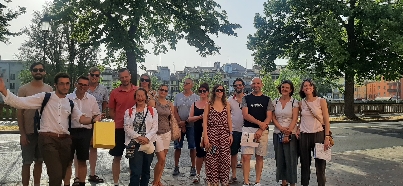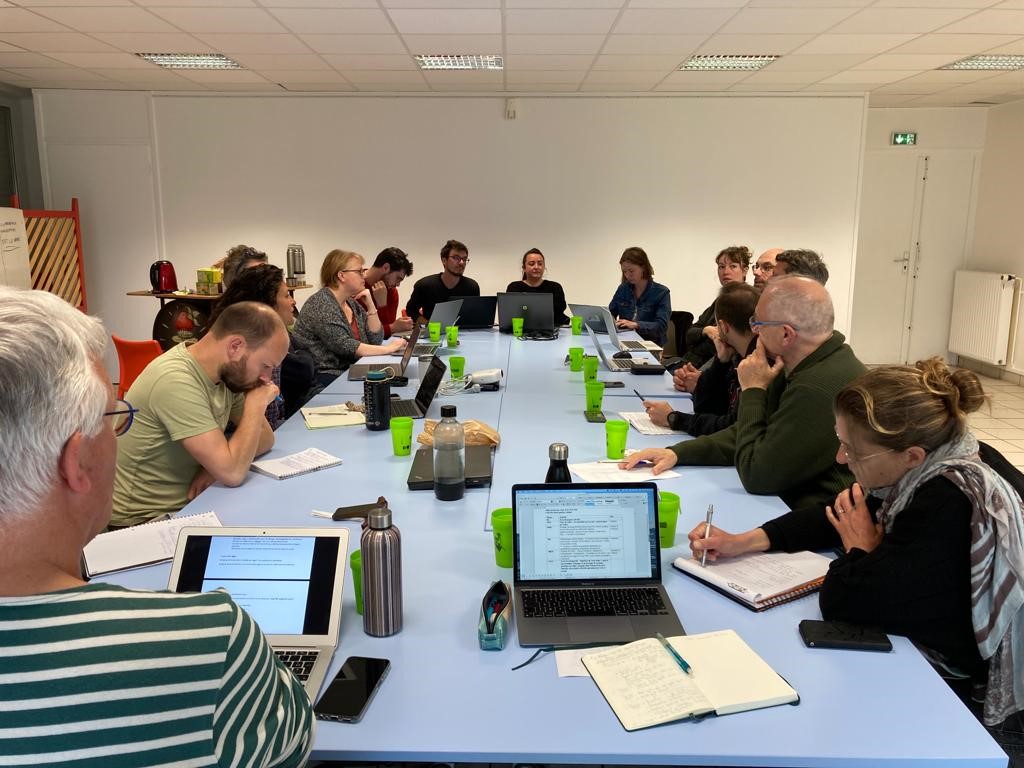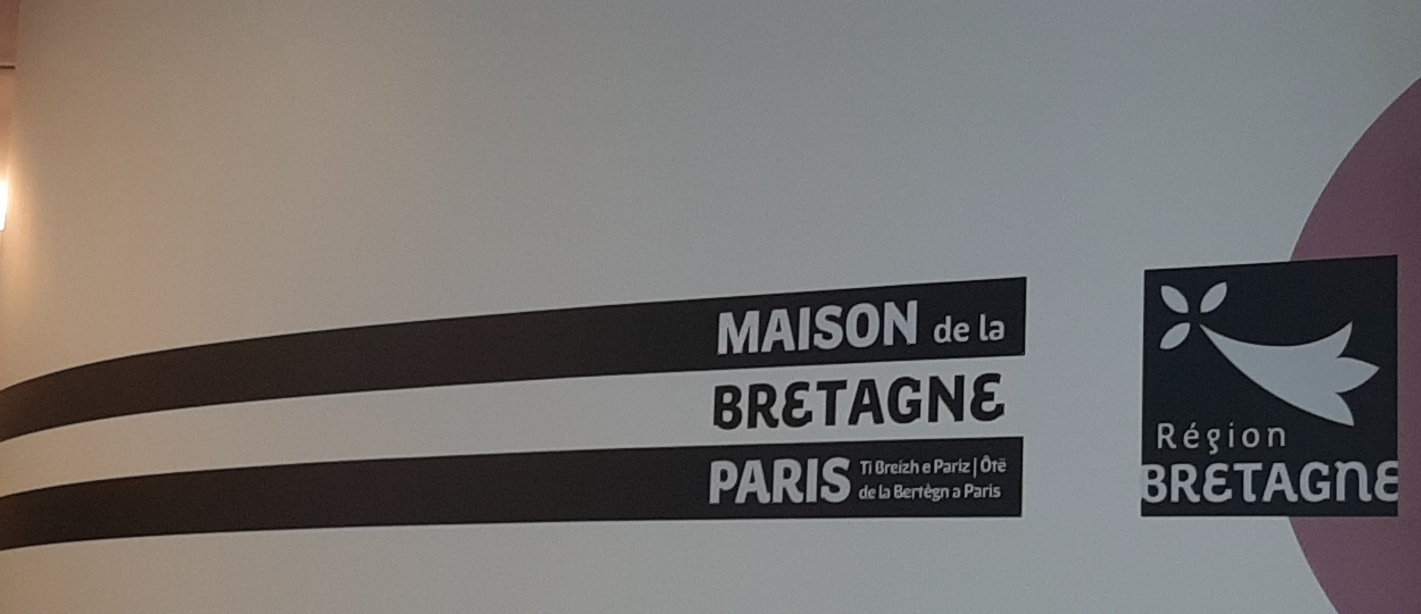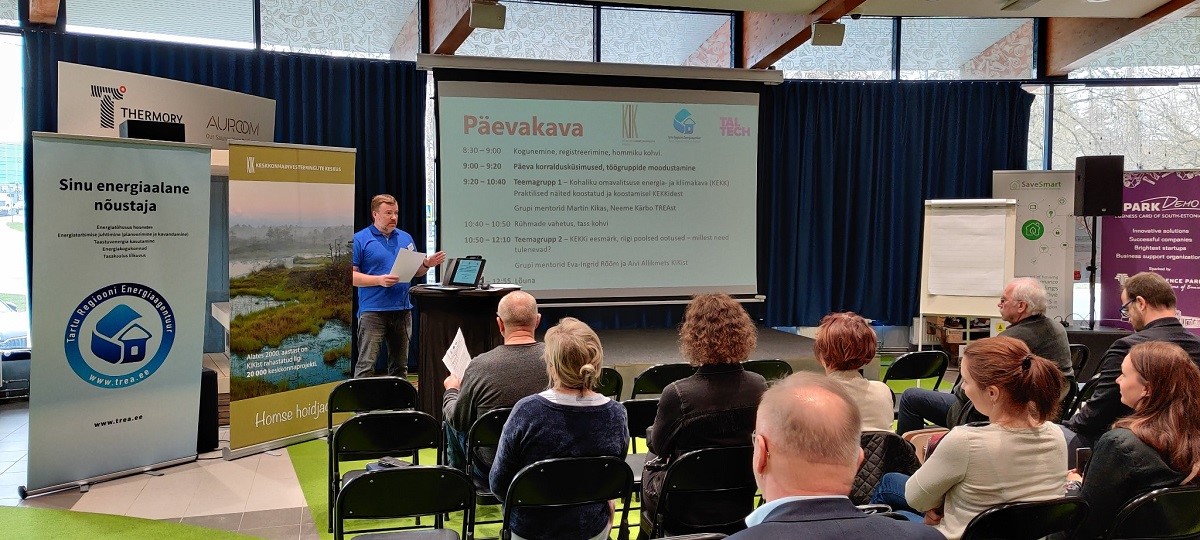Vehicle-to-grid (V2G) technologies could play a key role in the decarbonisation of transport and energy systems by connecting millions of Electric Vehicles (EVs) and coordinating their charging and discharging. This could minimise the costs of EV battery charging while allowing the grid to integrate high levels of variable renewable energy sources. Milton Keynes Council is pioneering different measures to study decarbonisation potential of V2G and create an environment that supports continued EV uptake.
Milton Keynes Council already has a high percentage of EV charge points per capita with over 400 public charging points and fast chargers. One of the most recent projects tackles residential V2G charge points. EV drivers in Milton Keynes can now apply to trial domestic smart V2G chargers and home battery storage with a monthly cash incentive and the option to keep the equipment at the end of the project.
The project is investigating ways to balance the peaks of electricity use associated with charging electric vehicles at home. The initiative is part of the Go Ultra Low project funding. CrowdCharge is delivering the trial on behalf of Milton Keynes Council with Flexitricity as the energy demand response partner.
This domestic energy balancing EV Charging project will trial a range of charging technologies using CrowdCharge’s digital charger and battery energy management platform. The ultimate aim is for these technologies to be available for EV owners to save money and reduce peak demand on electricity networks through balancing the load on the grid.
Councillor Martin Gowans, Milton Keynes Council Cabinet Member for Planning and Transport, says: “The Domestic Energy Balancing EV Charging project is one of four pioneering trials which will place Milton Keynes at the forefront of developments in electric vehicle charging technology. The trials will focus on advancing and testing new technologies. They will run in the city until December 2021 and the results will be published in early 2022. The trials have the potential to impact on the charging options available to consumers in the future.”
This Milton Keynes Domestic Energy Balancing project is part of the Milton Keynes Go Ultra Low Programme. The Go Ultra Low project is supported by the UK Government’s Office for Low Emission Vehicles as part of a £9 million investment into the market growth of electric vehicles.
If you would like to know more on how the pilot project works, please visit www.milton-keynes.gov.uk/pressreleases/2020/may/ev-drivers-in-milton-keynes-invited-to-take-part-in-trial-of-innovative-new-charging-technologies







